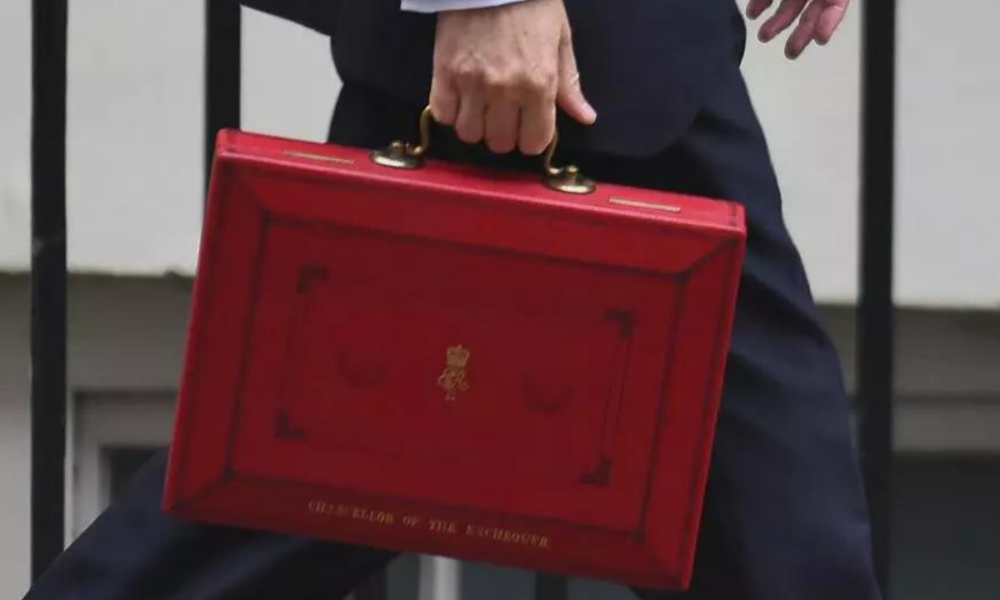The extreme weather conditions that have been observed around the world this year continue to provide inarguable proof that climate change is real. A broad belt of the Earth, including Australia, Siberia, the Balkans, Southern and Central Europe the USA and Canada have all seen disruptive weather events that have brought fires or floods on scales not seen in modern times.
It should give cause for great concern that it is happening at a speed that even experts had not expected. The argument over whether climate change is man-made or the result of natural variation in the physical factors which govern the Earth’s atmosphere and temperature is now irrelevant. Faced with such unprecedented, widescale destruction and disruption, it is the duty of everyone to adopt a much more responsible approach to energy usage, minimising the consumption of resources and reusing and recycling wherever possible.
Governments are under increasing pressure to do more and take the lead. Driven by fears for the future, climate activism and demand for action amongst Millennials and Gen-Z is increasing. For businesses there is a need to demonstrate good governance and set an example and here we look at the background to the crisis and the practical steps that you can take to reduce the carbon footprint of your agency.
There are many strands to the climate change and carbon story, but in essence the key facts go like this…
Carbon is the backbone of life on Earth. Carbon containing chemical compounds are essential for such things as regulating the Earth’s temperature, powering the food chain that sustains all life, and providing the energy that powers the global economy.
Carbon cycles around, transitioning through different forms between reservoirs existing in rocks and sediments like coal, oil and gas deposits beneath the surface, the oceans, the atmosphere, and in living organisms.
Unfortunately, too much carbon is being released into the atmosphere. This is increasing the temperature because carbon dioxide gas (CO2) regulates the amount of heat from the sun which is retained or trapped by the planet.
This increased solar energy, as well as the heat from burning fossil fuels, drives storms and raises the temperature of the entire planet. This leads to sea level rise from melting permanent ice, warmer oceans and more powerful storms. It also increases the amount of water that storm systems hold, leading to torrential rains that cause severe flood events. It also causes severe heat effects, increasing the intensity of fires in dry regions.
The key elements of reducing an agency’s carbon footprint may include (but not be limited to!):
The best way perhaps of focusing your carbon footprint reduction management efforts is to use one of the many carbon calculators that are available online. Some are free, although others are commercial products that may form an active component of managing reductions in the GHG (greenhouse gas) emissions originating from your business activities.
Gaining a true view of your agency’s carbon footprint requires you to consider data from 3 sources:
Trying to understand and calculate your full carbon footprint might sound a bit daunting, because it involves looking beyond your organisation’s boundaries. For practical purposes, for many SMEs, Scope 3 may be unrealistic. However, this doesn’t affect the value of assessing Scope 1 & 2 and implementing changes to reduce your footprint.
Two online carbon footprint calculators that are available free are:
The Carbon Trust – SME Carbon Footprint Calculator
GOV.UK Carbon Calculator – The MacKay Carbon Calculator
Hundreds of recruitment agencies already use ETZ to cut down their carbon footprint with our online paperless timesheet, invoicing and payment solution. If you don’t already, why not join them? To find out more about how we simplify the complexity of RecTech for agencies like yours, call us on 0800 311 2266 or book a demo.


Releasing the potential for growth Technology has proved transformative to the recruitment industry, with its benefits most strongly felt by...
Read more

Stimulating the job market and increasing opportunities for recruiters There is much speculation about the UK Budget scheduled for 30...
Read more

AI developing at astonishing pace To say that the recent rise of AI has been meteoric would be to do...
Read more